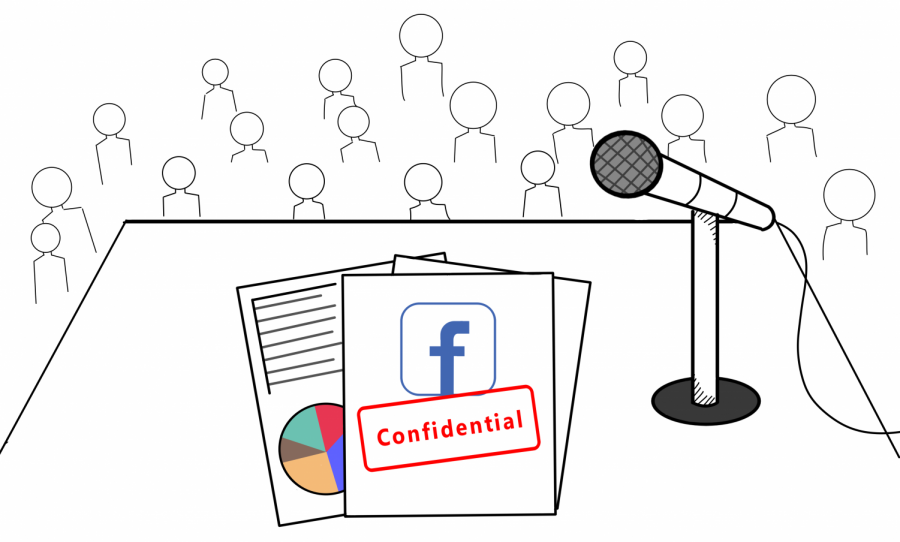Internal Documents Reveal Facebook Does Little to Protect Vulnerable Users
December 2, 2021
Facebook’s reputation for privacy and consumer protections has been further worsened by recent allegations from former data scientist Frances Haugen, who revealed the true extent of what the multi-billion-dollar corporation will do to turn a profit. In her groundbreaking testimony to a Congressional subcommittee, Haugen, a product manager of the Facebook Civic Integrity department, provided an insider view into the dark underbelly of a company that has been accused of facilitating human trafficking, hate speech, and ethnic violence by ethics watchdogs. Haugen, after her testimony, stated that Facebook leadership “knows how to make Facebook and Instagram safer, but won’t make the necessary changes because they have put their astronomical profits before people.” Given the unrestricted power that Facebook has over the communications industry, their lack of transparency and regulation poses serious threats to users, which the company knows about but refuses to publicly acknowledge.
Given the unrestricted power that Facebook has over the communications industry, their lack of transparency and regulation poses serious threats to users…
According to Fortune magazine, Facebook and its subsidiaries recorded nearly 86 billion dollars in revenue in the last fiscal year, with $26 billion in profits, up nearly 58% from previous years. This begs the question: how does Facebook profit while providing a free service? Part of the answer lies in Facebook’s targeted advertising program, which uses a controversial “algorithm” to promote sponsored content—regardless of how inflammatory it may be. Haugen testified that since 2019, Facebook has been using a new algorithm known as “Downstream MSI” (meaningful social interactions), which pushes content that users are more likely to share and comment on. This algorithm encourages the spread of hate speech, misinformation, and content such as pro-eating disorder posts to teenage users. Leaked Facebook internal studies have found that 13.5% of teenage girls said that their suicidal thoughts became more frequent after using Facebook-owned Instagram, with others reporting that 17% of teenage girls said their eating disorders got worse on the platform. Haugen further testified that “Facebook knows they are leading young users to anorexia content,” emphasizing the fact that Facebook and its products are dangerous to the health and well-being of teens and are in dire need of regulation.
Facebook has long perpetuated claims that their services are not harmful to users and recently issued a corporate response to Haugen’s allegations, claiming that “It is simply not accurate that this research demonstrates Instagram is ‘toxic’ for teen girls.” Even so, lawmakers are critiquing the company’s business model, with Senator Marsha Blackburn, a Tennessee Republican, accusing Facebook of targeting children with what she called an “addictive” product. Furthermore, Senator Jerry Moran of Kansas urged lawmakers to put aside their differences and regulate Facebook, echoing the comments of many other members of Congress. And while it seems that the government may be edging closer to regulating Facebook, there is no doubt that services like Instagram threaten the mental health of their users. Haugen’s testimony has offered an exclusive look into the Facebook profit machine, and the next step is to act on this evidence and curtail the power of this dangerous corporation for the sake of mental health and public safety.









